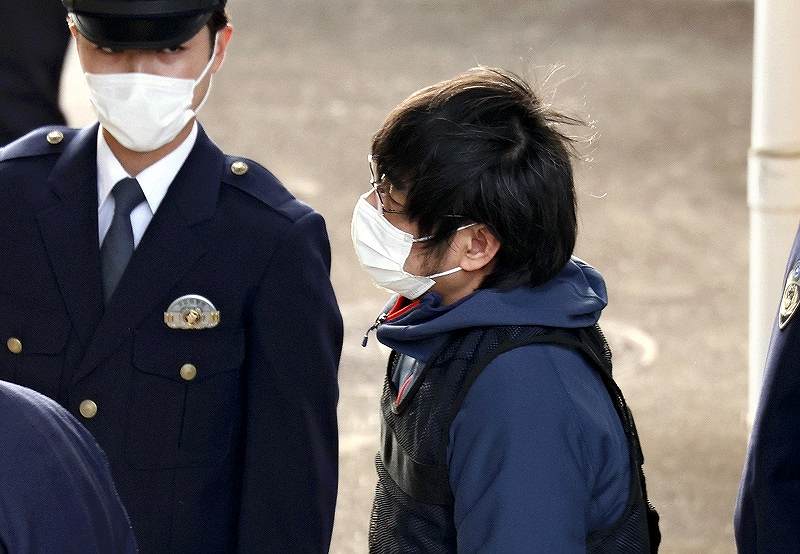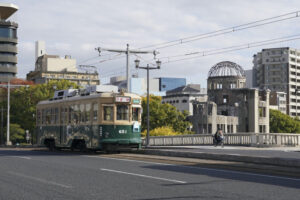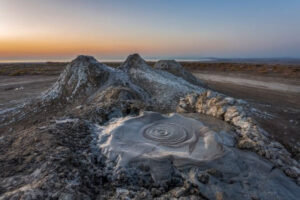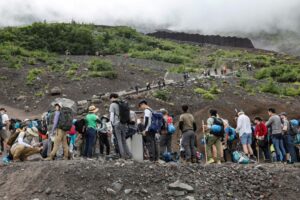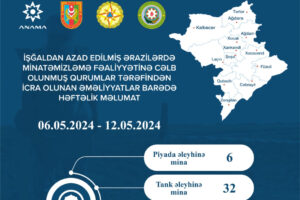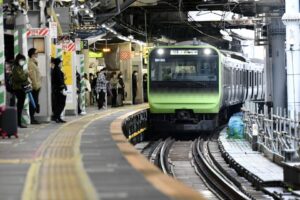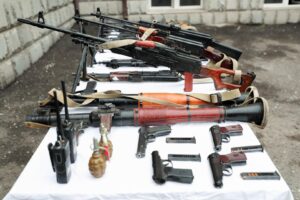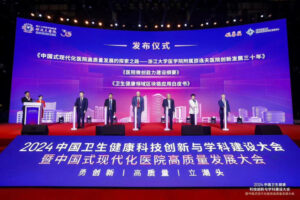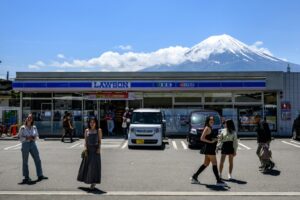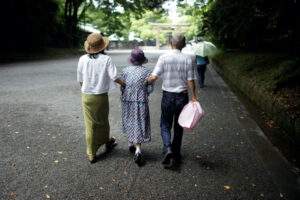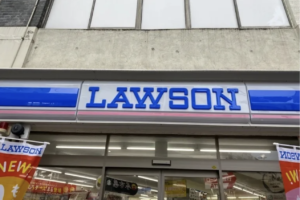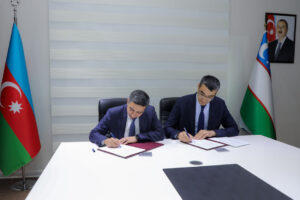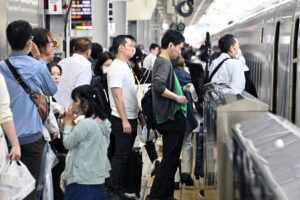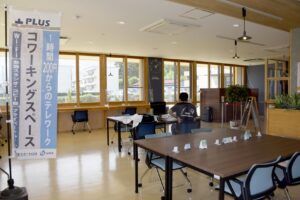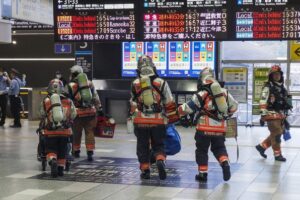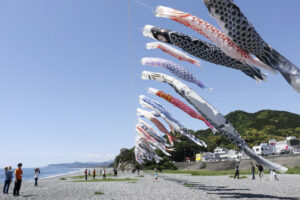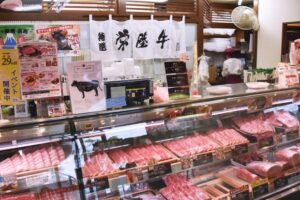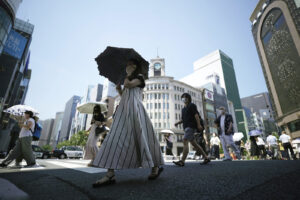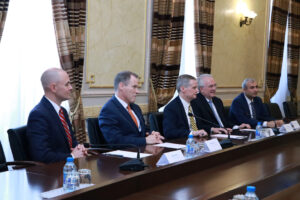Tokyo, 14 February, /AJMEDIA/
Police on Monday referred the man indicted for murdering former Japanese Prime Minister Shinzo Abe to prosecutors on five additional charges, including of making a gun and damaging a building by test-firing it, according to investigative sources.
The additional charges against 42-year-old Tetsuya Yamagami, which among them also include the violation of public office election law, have concluded police investigations into the deadly shooting last July that shocked the nation.
Yamagami is believed to have test-fired a weapon at a facility in Nara connected to the Unification Church on July 7, a day before the fatal shooting, in addition to making handguns and gunpowder without authorization, they said.
He is also charged with obstructing Abe’s election activities by shooting him.
In January, after around six months of psychiatric evaluation by prosecutors, the former Maritime Self-Defense Force member was indicted for murder and violating the firearms control law.
Abe, Japan’s longest-serving leader, died on July 8 after being shot at close range while giving a campaign speech in the western city two days ahead of a House of Councillors election. Yamagami was arrested on the spot.
He told investigators that he had held a grudge against the Unification Church, a South Korea-based religious group known for its mass weddings and aggressive donation solicitations, after his mother’s substantial financial donations caused their family to fall apart.
He was quoted as saying he targeted Abe because Nobusuke Kishi, his grandfather and former prime minister, “invited it into” Japan. Kishi is known for forging strong ties with an anti-Communist group launched by the church in 1968.
The assassination has brought to light links between politicians, particularly members of the ruling Liberal Democratic Party, and the controversial church, as well as traumas experienced by “second-generation” family members of religious groups and their daily struggles.
Facing both scrutiny and pressure from the public, the government of Prime Minister Fumio Kishida pushed to enact a law banning organizations from maliciously soliciting donations. The law took effect in January.
Meanwhile, some of Yamagami’s sympathizers have sent him food, clothes and cash totaling over 1 million yen ($7,500) from across the country, according to sources familiar with the matter. He wants to use the money “for the people suffering from the harm wrought” by the Unification Church, one of the sources quoted him as saying.

